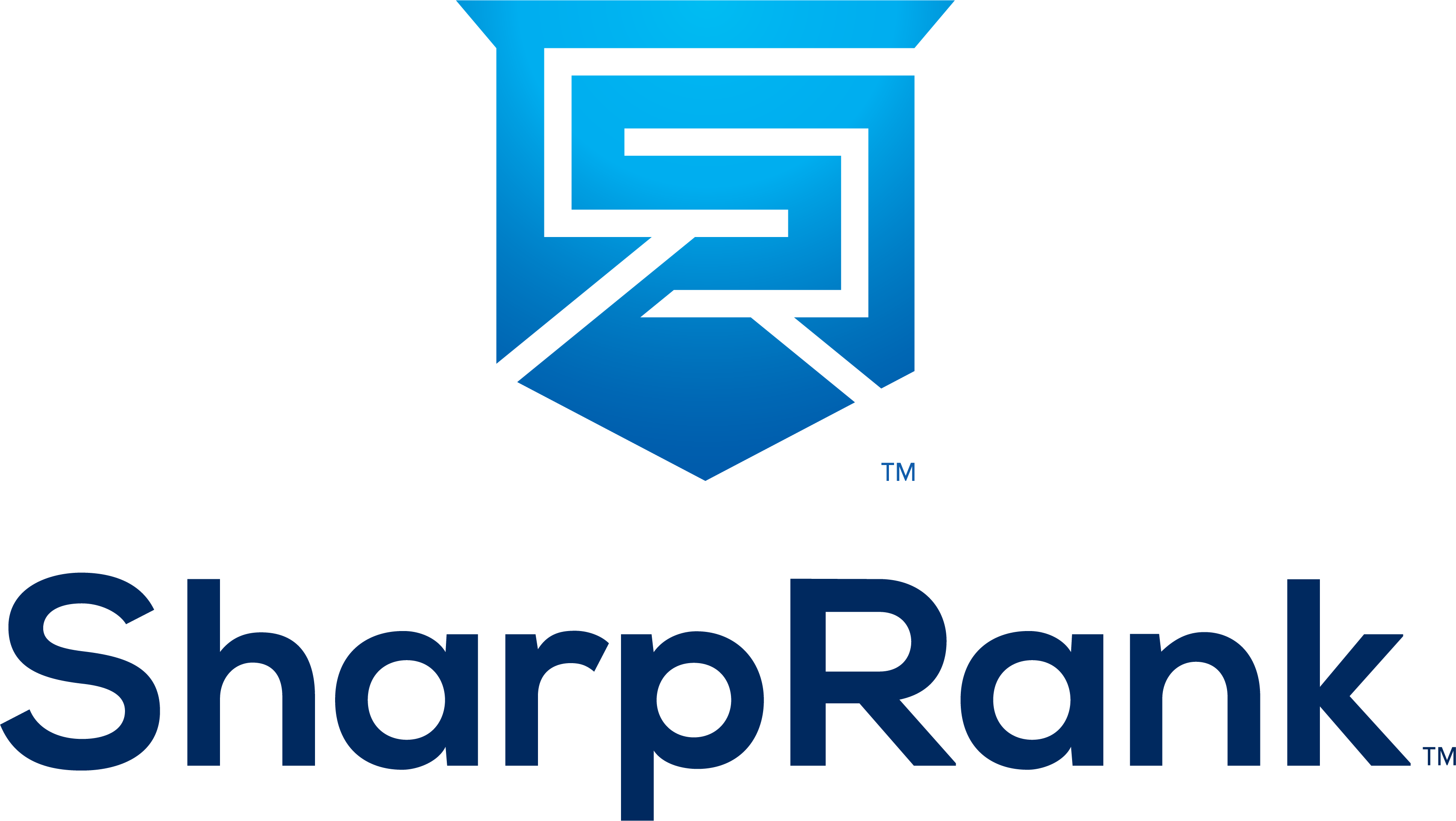Stay up to date with the Sports Betting Industry with The SCALER Weekly.
DraftKings Names Lori Kalani as Chief Responsible Gaming Officer
DraftKings Inc. has named Lori Kalani as its first Chief Responsible Gaming Officer, signaling a commitment to player safety and responsible gaming practices. Kalani, with her expertise in consumer protection laws and gaming, will oversee the integration and enhancement of responsible gaming measures across DraftKings’ platforms. The company’s initiatives focus on leveraging technology, employee training, and collaborations with advocacy groups to promote safe gaming practices and provide players with tools for responsible gaming. CEO Jason Robins emphasized responsible gaming as a top priority, stating that Kalani’s leadership will advance DraftKings’ initiatives and uphold their commitment to industry standards. With DraftKings’ revenue growth and market presence, the appointment of a CRGO underscores its dedication to player protection amidst continued financial performance scrutiny from investors.
Gambling.com’s Media Collaborations
Gambling.com Group has pioneered a unique approach to capitalize on the growing sports betting industry by partnering with major media companies like Gannett and McClatchy to bolster their digital sports betting coverage. Through revenue-sharing referral deals, Gambling.com creates content aimed at driving bettors to sportsbooks, utilizing the extensive reach and credibility of newspapers like USA Today and the Miami Herald. This mutually beneficial partnership allows Gambling.com to leverage its expertise in content creation while enabling legacy media companies to generate additional revenue streams. With performance marketing deals constituting about 15% of its total revenue, Gambling.com’s innovative model represents a lucrative opportunity amidst the expanding legal sports betting market in the U.S., which is poised for further growth with the potential inclusion of populous states like California and Texas.
iGB LatAm Gambling Report: Unveiling Insights into Latin America’s Booming Market
The iGB LatAm gambling report promises to be the go-to resource for industry insights on the booming Latin American market, catering to the region’s more than 650 million people and its projected $30 billion gambling market by 2028. Partnering with local experts Sportingtech, the report covers the regulatory landscape, particularly focusing on Brazil’s journey towards legalizing sports betting, expected to conclude by July after a process that began in 2018. The comprehensive report delves into established markets like Mexico and Colombia, as well as emerging ones like Argentina, Peru, and Chile, highlighting Peru’s potential as a key player with its rapidly growing regulatory framework and significant market demand. Additionally, the report aims to provide a data-driven outlook for the future, setting the stage for further editions to explore other territories like Uruguay and Paraguay.
Penn Entertainment Launches First ESPN Bet Sportsbook and Restaurant in Detroit
Penn Entertainment has unveiled its first ESPN Bet physical sportsbook and restaurant at the Hollywood Casino at Greektown in downtown Detroit, just in time for the NFL Draft. The new venue offers approximately 4,500 square-feet of space for betting and dining, featuring high-tech wagering kiosks, big-screen TVs, and a 30-foot video wall. With this launch, Penn aims to combine premier sports media and sports betting offerings to create an engaging atmosphere for sports fans. This move follows the rebranding of the Barstool sportsbooks to ESPN Bet, signaling a significant shift in Penn’s branding strategy. The success of this venture may influence future rebranding decisions for other physical sportsbook locations owned by Penn Entertainment.
Navigating California’s Complex Gambling Landscape
The gambling landscape in California is shaped by the interests of various stakeholders, particularly tribal casinos and card rooms, with tension arising from legal ambiguities and regulatory challenges. While offshore casinos currently provide an alternative for online gambling due to state restrictions, there’s growing interest in legalizing sports betting to capitalize on potential revenue streams and economic benefits. However, resistance from voters, driven by concerns over problem gambling and social impacts, complicates legislative efforts despite the potential advantages. As technology continues to evolve, California’s approach to regulating online platforms will be crucial in shaping the future of gambling in the state.
New Regulations for Sports Betting in Brazil Prompt Biometric Compliance Preparations
Brazil’s Ministry of Finance has introduced new regulations for sports betting, propelling the country towards a regulated gambling sector, and attracting both local and international biometrics and digital identity providers like CAF, Legitimuz, IDVerse, and Sumsub. These providers are gearing up to ensure compliance with the stringent regulations under Law 14,790. CAF is launching Bet ID, a packaged solution for sports betting firms to manage Brazilian compliance obligations efficiently. Meanwhile, IDVerse emphasizes the importance of facial biometrics in combating fraud associated with the unique CPF identity number. At the same time, Sumsub and Legitimuz are poised to capitalize on the significant opportunities arising from Brazil’s transition from a gray market to a regulated gambling industry under the new law.
Ohio’s “Use It or Lose It” Rule for Sports Betting Licenses
The Ohio Casino Control Commission is considering a new rule that would prevent license holders from renewing if they haven’t launched sports betting during their term, affecting various types of license holders, including those for online, retail, and kiosk betting. This proposal aims to ensure active participation in the state’s sports betting market, with license holders needing to demonstrate economic benefit to Ohio to be eligible for renewal, prompting stakeholders to provide feedback before the deadline.

